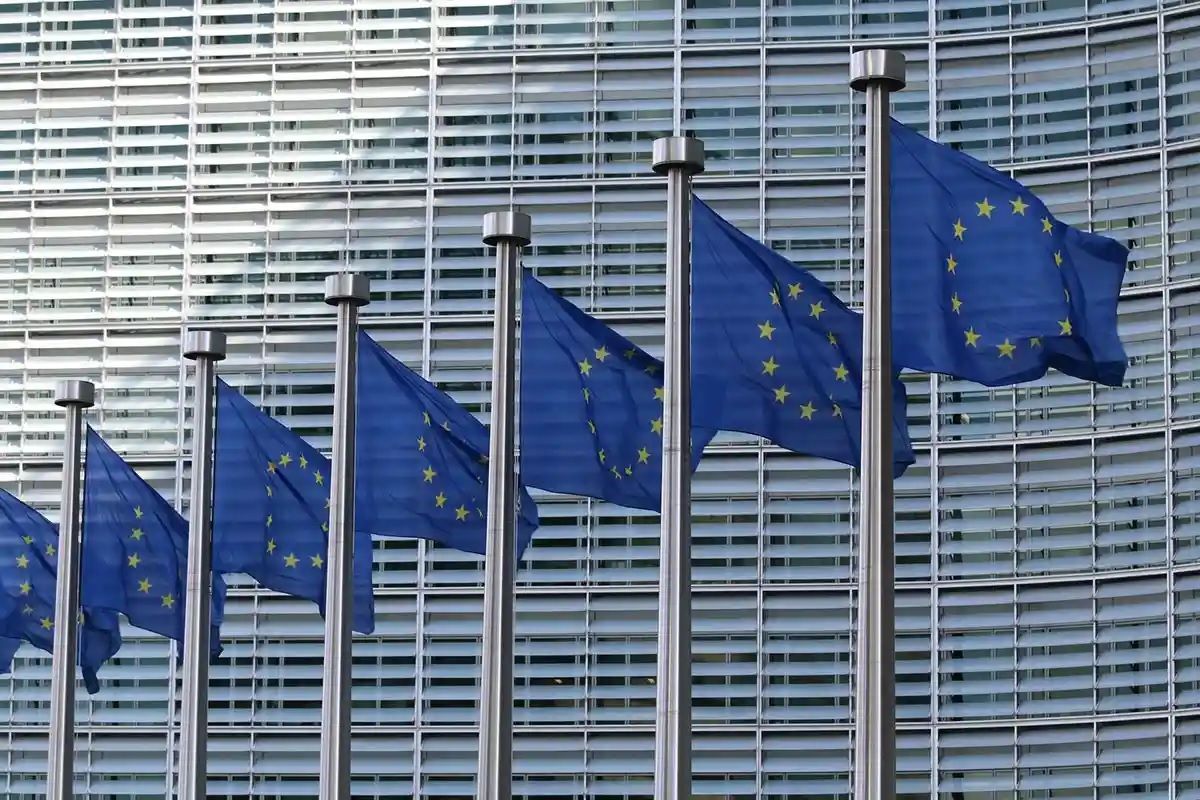Movement within the European Union is relatively easy for EU citizens, thanks to the rules of free movement. These rules cover a range of rights, such as the right to enter, work, study, engage in self-employment, reside, and receive equal treatment in the host country. Some of these rights extend to family members who are not EU citizens. However, there are complexities involved. In this article, we will explore 9 facts about freedom of movement in the EU.
9 Facts about Freedom of Movement in the EU
The European Commission recently published guidelines for EU member states on the application of legislation regarding free movement to clarify situations that have arisen over the years and take into account decisions of the EU Court. Here are 9 facts you might not know about freedom of movement.
1. Three months and beyond
EU citizens and their family members can move to another EU country for undefined period if they work or engage in self-employed activities, have sufficient financial resources and comprehensive health insurance, or are students with comprehensive health insurance.
When seeking employment, the right to reside in another EU member state without formalities is granted for up to 3 months. The only condition during this time is having a valid passport or identity card.
However, this period can be extended. According to EU legislation, member states are required to provide job seekers from other EU countries a "reasonable period" to "allow the person to familiarize themselves with potential employment opportunities and take the necessary steps to secure employment".
Typically, a period of 6 months is considered sufficient. During this time, the host country may require evidence that the individual is actively seeking employment.
2. Access to healthcare
EU workers or self-employed individuals and their family members are covered by the social security system of the EU country where they work. If they reside in another EU member state, they have access to healthcare services on the same terms as the citizens of that country, based on the S1 form issued by the country of employment.
Students temporarily studying in another EU country have the right to receive necessary medical services using the European Health Insurance Card (EHIC), as explained in the guidelines.
Economically inactive EU citizens moving to another EU member state for more than 3 months have the right to join the local state health insurance system, but the host country may charge a fee for this until the person obtains permanent residency to prevent them from becoming an "unreasonable burden".
3. What about retirees?
Retirees also have the right to move to another EU country. Those who make this decision remain in the healthcare system of the EU member state that pays their pension. They can receive medical assistance in the country of residence on the same terms as its citizens, using the S1 form.
4. Permanent residency
EU citizens and their family members residing legally (meeting the conditions set by the Directive) in the host country for 5 years have the right to permanent residence. These 5 years do not necessarily have to directly precede the moment of applying for permanent residence, as the right becomes effective "from the moment they are factually completed".
Absence is allowed without interrupting the 5-year count if it does not exceed a total of 6 months per year or if it is due to mandatory military service. One absence of up to 12 consecutive months for important reasons, such as pregnancy and childbirth, serious illness, education, or professional training, as well as work abroad, is also allowed.
The right to permanent residence may be lost if absent from the country for more than 2 consecutive years (for comparison, for beneficiaries of the UK's withdrawal agreement from the EU, this period is 5 years).
5. Free movement for family members
The right to free movement "will have no useful effect without accompanying provisions that allow EU citizens to accompany their families," the Commission states. In practice, requirements that risk separating families would be an obstacle to the implementation of the principle of free movement.
Therefore, EU legislation provides for a derivative right to free movement for family members of EU citizens.
Same-sex couples and single parents, confirmed by a certificate issued in an EU member state, also fall under these rules, even if such relationships are not recognized by the national legislation of the host country.
6. Who are family members
Primary family members of EU citizens, regardless of their nationality, have an automatic right to entry and residence when moving to another EU member state. According to EU legislation, primary family members include the spouse, registered partner if recognized as equivalent to marriage by the legislation of the host country, direct descendants under 21 years of age or dependents of a spouse or partner, dependent direct ascendants and a spouse or partner.
The Court clarified that the term "spouse" is gender-neutral and extends to same-sex couples.
Registered partnerships must be concluded "under the legislation of an EU member state," so partnerships formed outside the EU are not covered.
"Direct descendants" and "dependent descendants" encompass both biological and adopted children of the EU citizen.
According to EU legislation, citizens of non-EU countries who are primary caregivers of minor EU citizens enjoying the right to free movement also have the right to reside in the host EU member state.
Unlike "primary" family members, "extended" family members do not have an automatic right to entry and residence. However, they have the right to "facilitated" entry and residence.
7. When rights to free movement arise
Rights to free movement arise in "transnational" situations. EU citizens residing in their country of nationality do not enjoy the rights granted by EU legislation, so if they want to join family members who are not EU citizens, they are subject to national legislation.
Similarly, people arriving in the host country as citizens of non-EU countries and then naturalizing in that country are not covered by the rules of free movement, as this is considered a "purely internal situation".
Therefore, they will not have an automatic right to join family members from non-EU countries. However, the rules of free movement will apply if they move to another EU country.
8. Simplified visas
EU member states may require family members who are not EU citizens, moving with or joining an EU citizen in accordance with the rules of free movement, to obtain a visa.
But unlike other non-EU citizens, such family members have the right to entry and visa issuance.
EU member states "must provide such persons with every facility for obtaining the necessary visas, which must be issued free of charge, as quickly as possible, and on the basis of an accelerated procedure", the guidelines state.
Family members of EU citizens who are not EU members, residing in EU countries and holding a valid residence card or permanent residence card, are exempt from visa requirements in the EU.
9. Return of citizens
The EU Court has established that EU rules apply not only to EU citizens moving to another member state but also to those returning to their country after exercising the right to free movement. While the entry and residence of EU citizens in their country of nationality will be governed by national legislation, their family members may obtain derivative residence rights based on the rules of free movement under certain conditions, including previous residence in the same host country.
Related topics:
The European Commission has issued guidelines to clarify the application of legislation regarding free movement within the EU, taking into account decisions of the EU Court. These guidelines aim to address complexities that have arisen over the years.
During the initial 3 months of seeking employment in another EU member state, EU citizens and their family members have the right to reside without formalities as long as they possess a valid passport or identity card. This period can be extended if the host country provides a "reasonable period" to allow the individual to familiarize themselves with potential employment opportunities and secure employment.








